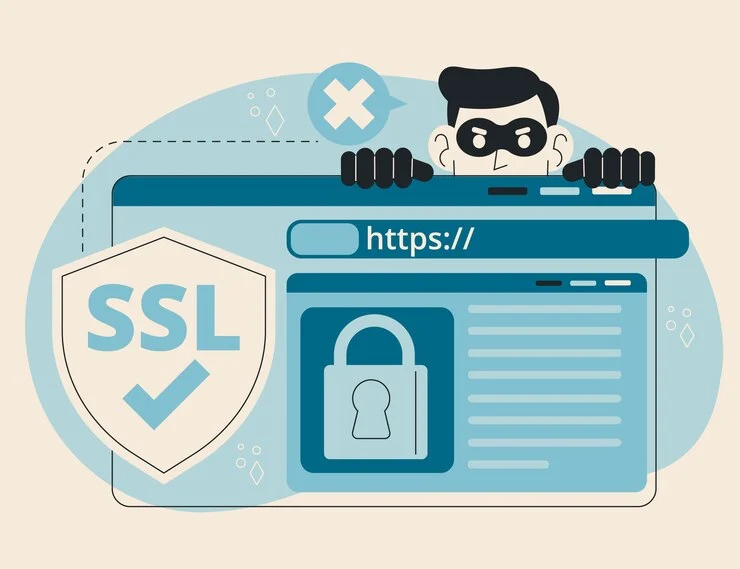
Weather Today (Columbus) Saturday 1:05 am 7th February, 2026
-7.9299999999999 °C Feels Like: -14.93°C
Weather Condition: Clouds
Humidity: 66%
Cloud Cover: 40%
Wind: 10.29 km/h
Visibility 10Km
WordPress powers over 40% of the internet, making it one of the most popular content management systems (CMS) in the world. Its widespread use brings both opportunities and challenges. For many website owners and developers, a crucial question remains: Is WordPress secure and reliable?
Understanding WordPress Security
At its core, WordPress is designed with security in mind. The core development team actively works to identify and patch vulnerabilities, releasing updates that enhance the platform’s security. However, the safety of a WordPress site often depends on various factors beyond just the core software.
1. Plugins and Themes:
While WordPress’s core is secure, plugins and themes can sometimes introduce vulnerabilities. With thousands of third-party plugins and themes available, it’s essential to choose ones from reputable developers who maintain regular updates. Outdated or poorly coded plugins and themes can create security risks. Therefore, always ensure that plugins and themes are updated regularly and review them for known vulnerabilities.
2. User Management:
Effective user management is another critical aspect of WordPress security. Using strong, unique passwords and implementing robust user roles and permissions helps prevent unauthorized access. Additionally, consider using security plugins that offer features like two-factor authentication and monitoring for suspicious activities.
3. Hosting and Infrastructure:
The security of your WordPress site also depends on your hosting provider. Choose a reputable host that provides essential security features, such as SSL certificates, firewalls, and regular security scans. A good hosting provider will also offer reliable backups, so you can quickly recover in case of any issues.
4. Regular Updates and Backups:
Keeping WordPress, themes, and plugins updated is vital for maintaining security. Updates often include patches for newly discovered vulnerabilities. Additionally, regular backups ensure that you can restore your site to its previous state if something goes wrong. Many security plugins offer automated backup solutions, simplifying this process.
Assessing WordPress Reliability
When it comes to reliability, WordPress holds up well, thanks to its flexibility and large ecosystem. However, ensuring reliability involves proper management and optimization.
1. Performance Optimization:
WordPress can be highly performant with the right optimizations. Implementing caching mechanisms, using content delivery networks (CDNs), and optimizing images can significantly improve site speed. Performance issues often arise from poorly coded themes or plugins, so choosing high-quality, well-maintained options is crucial.
2. Scalability:
From small blogs to large e-commerce sites, WordPress can handle a range of use cases. For very high-traffic sites, you might need to invest in more robust hosting solutions and advanced optimization techniques to ensure smooth operation.
3. Community and Support:
One of WordPress’s greatest strengths is its vibrant community. With extensive documentation, forums, and professional support services available, finding help and troubleshooting issues is usually straightforward. This extensive support network contributes to the platform’s overall reliability.
Conclusion
In summary, WordPress is both secure and reliable when managed properly. Its core software is robust, but the security and performance of your site largely depend on how you handle plugins, themes, user management, and hosting. By staying up-to-date with updates, choosing reputable plugins and themes, and employing good security practices, you can ensure that your WordPress site remains both secure and reliable.

